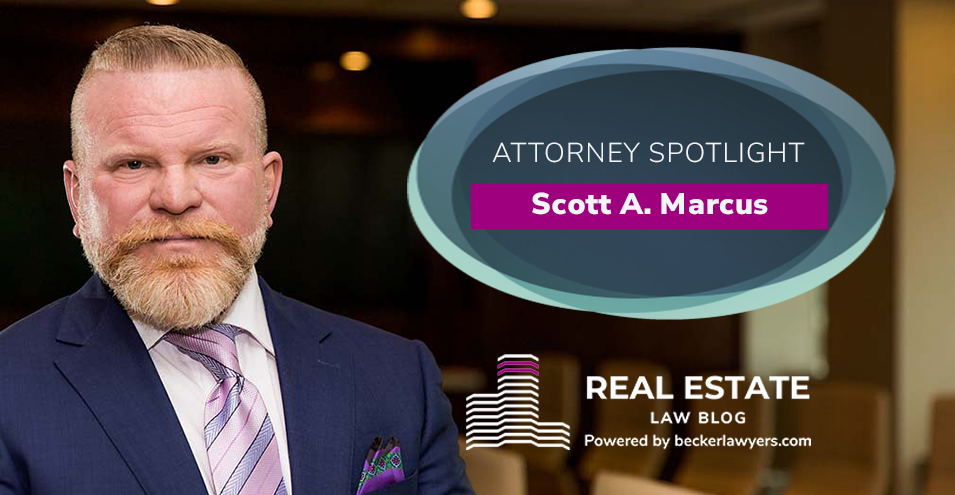
I’ll Take That Closing to Go Please…Florida’s New Online Remote Notary
If you are an out of town purchaser, and too busy to attend a closing in person, soon you can attend that closing virtually, and sign those closing documents in the comfort of your home!
Beginning January 1, 2020, Florida real estate closings documentation and/or any other action requiring notary signatures can be completed using a remote and electronic signature of the principal, the witnesses, and the notary. While Florida has enjoyed for some time the benefits of electronic recording of these closing documents as well as the capability to obtain electronic signatures on purchase contracts, due to the laws of Florida regulating notaries, e-closings were nothing short of a dream.
With the new passage of statutory additions and changes to the Notary Statutes found in Chapter 117, Florida Statutes, that dream is becoming a reality. As long as there is statutory compliance, a person in Alaska can sign documents at a Florida closing, have them witnessed in California and notarized in Florida contemporaneously, without the need to appear in person or overnight mail documents. There’s only one catch…the closing agent must adhere to the technological and training requirements of the Chapter 117 first.
If after January 1, 2020, you wish to use the new on-line remote notary feature, before selecting a closing agent, you may wish to vet them and see if they qualify. These are the questions to ask:
Has your closing agent…
- completed a course on the duties and technology requirements of on-line notary?
- registered with the Department of State?
- identified an on-line notarization service provider (RON)
- obtained a $25,000.00 Bond?
- obtained $25,000.00 E&O Insurance?
If the answer is yes, then this is how it works:
The Principal:
- The RON confirms the identity of the principal by way of presentation of government identification.
- The RON performs credential analysis using automated software
- The RON proofs the identity by asking at least 5 questions, using info from a third party provider of data sources, the responses must be made within a 2 minute time limit with 80% of the questions answered correctly.
The Witnesses:
- Witnesses can be in the presence of the principal or remote using AV Communication
- If remote, their ID is verified like that of the Principal above
- If with the Principal, then witnesses just need to confirm identity by stating name and address on AV Communication recording
- If witness is remote, the principal must state that he/she affixed the electronic signature and witness must confirm that he/she heard the principal so state.
- If witness is remote from principal, must verbally confirm he/she is a resident of the US and physically located in the US or territory at the time of witnessing.
The Electronic Journal and AV Recording:
The RON maintains an electronic journal and uninterrupted copy of the audio-video recording which includes: the appearance by principal and any witness; confirmation of identify of the principal and any witness and a general description of documents being signed; the on-line notary must recite at the beginning of recording information sufficient to identify the notary act; have a declaration by the principal that her/his signature is voluntarily made; all words and actions of the principal, witnesses and notary must be captured; and, both the journal and the recording must be kept for ten (10) years.
Note that in addition to the changes to E-closings, the remote on-line notarization bill added changes and additions to remote signatures for wills, and powers of attorneys.
The state of Florida has only a matter of months to put together the infrastructure to make e-closings happen. Between now and January 1, 2020, the state must create a universal training program, a registration database and a RON service provider lists/approved providers. Assuming the state can meet these deadlines, e-closings will no doubt become a standard in the industry. And, much like everything else which can be completed virtually today, you too can become a virtual homeowner at your convenience and with minimal time requirements.




No Comments